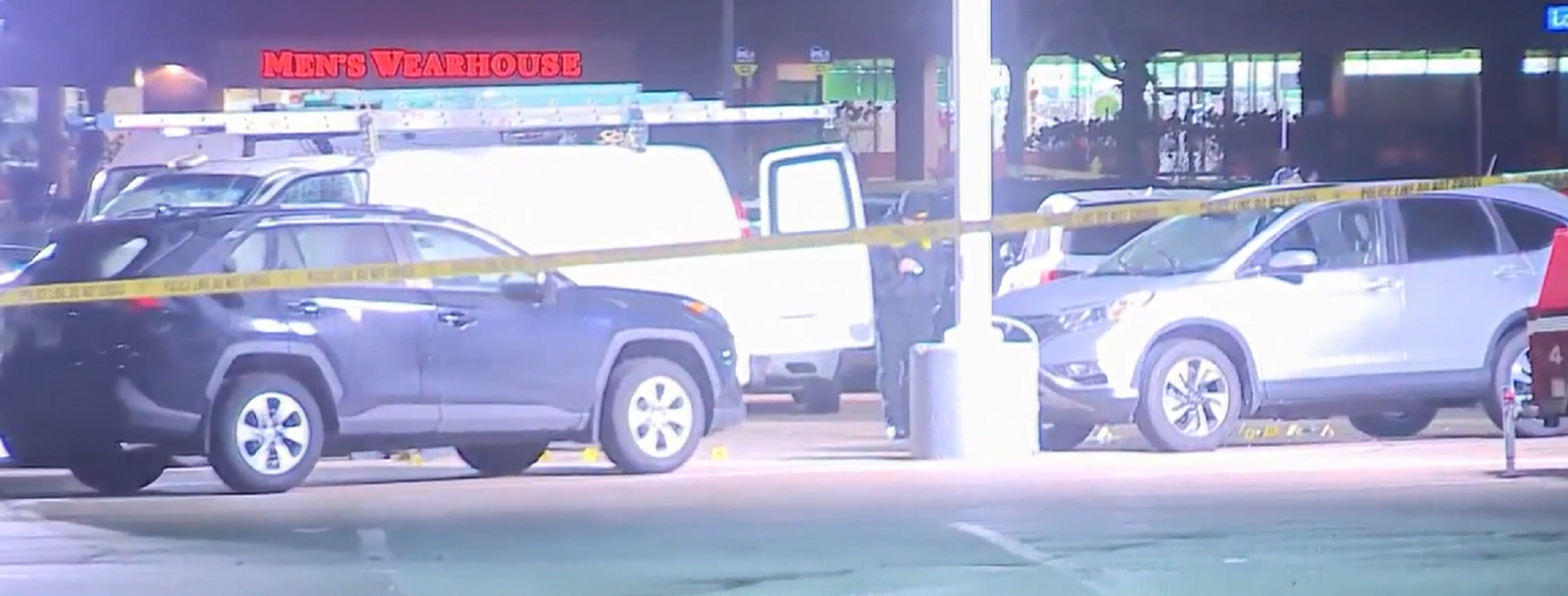Illinois Gov. J.B. Pritzker updated an executive order surrounding COVID masking guidelines Friday.
The change to the order shifts one part on face coverings, changing the wording to recommend anyone, regardless of vaccination status, follow masking guidelines from the Centers for Disease Control and Prevention.
Previously, the order stated "any individual who is not fully vaccinated and who is over age two and able to medically tolerate a face covering (a mask or cloth face covering) should cover their nose and mouth with a face covering when in a public place and unable to maintain a six-foot social distance."
The guidance now says, "all individuals, including those who are fully vaccinated, are recommended to wear a face covering consistent with CDC guidance."
Currently, the CDC recommends masking based on what it defines as "community levels" of the virus, designations which the agency updates weekly.
Areas under medium or high community levels have some masking recommendations. In medium alert levels, those who are at a higher risk are urged to "wear a high-quality mask or respirator when indoors in public."
Meanwhile, when at a high level, the CDC recommends everyone "wear a high-quality mask or respirator."
Local
Currently, Illinois has 16 counties listed under the medium community level, but none are at high.
The guidance from both Illinois and the CDC are separate from a mask mandate like those seen during surges of the pandemic so far.
Feeling out of the loop? We'll catch you up on the Chicago news you need to know. Sign up for the weekly Chicago Catch-Up newsletter.
In addition to the masking change Friday, Pritzker also updated masking and testing requirements for health care facilities and long-term care centers.
The changes, which took effect Monday, remove a weekly testing requirement for unvaccinated health care and long-term care center workers.
It also triggers a change for face coverings in health facilities.
"Face coverings are no longer required in all healthcare facilities but are still recommended in healthcare facilities in areas of high community transmission, consistent with CDC guidance," the governor's office stated.
The state-issued vaccine mandate for health care employees is also removed, though the governor's office noted that federal requirements still remain in effect.
"Although the vaccine mandate has been removed on the state level, a federal rule from the Centers for Medicare and Medicaid Services requiring vaccination for workers at Medicare/Medicaid-certified facilities remains in effect," the governor's office said in a release. "The state’s amended executive order does not impact that requirement and many Illinois healthcare and LTC sites will continue to have a COVID-19 vaccine mandate under this federal rule."
The amended order also does not alter vaccination and testing requirements for state employees at state-owned congregate facilities.
“Thanks to the tremendous efforts of our health care workers and residents, Illinois has done better at keeping our people safe with vaccines, boosters, and masking, which puts us in a position to continue to scale back health care requirements in line with the CDC,” Pritzker said in a statement. “COVID-19 is on its way to becoming endemic, like the flu, but it still poses a real threat to our immunocompromised and disabled communities. Here in Illinois, we look out for one another—it’s what defines us as Illinoisans. Let us continue to live up to those ideals by masking up and testing when we have symptoms and getting COVID-19 booster shots—as I recently did—so that we can protect our neighbors.”
The executive order changes marks the latest shift in COVID restrictions from Pritzker.
Last month, Pritzker’s administration announced an update to testing requirements for school and childcare employees, with unvaccinated employees in those settings no longer required to test twice weekly.
Illinois' health department said the change came "as our approach to the pandemic continues to evolve."
The governor also announced over the summer that he was eliminating vaccine requirements for college students and faculty members, among other changes.
“As we continue to learn how to live with COVID-19, it is important for the State of Illinois to adapt our policies to better align with federal guidelines,” IDPH Director Dr. Sameer Vohra said in a statement. "The department continues to monitor COVID-19 closely. And we are working with our health care and long-term care partners to promote staying up-to-date with vaccinations, make treatments available, and protect our health care workforce. The updated Executive Order demonstrates our state’s ability to effectively combat COVID-19 with the many advanced tools at our disposal that can both prevent and treat this disease. I continue to encourage of all our residents, but especially those most at-risk of severe outcomes, to take advantage of the vaccinations and treatments available to protect themselves and their families.”



